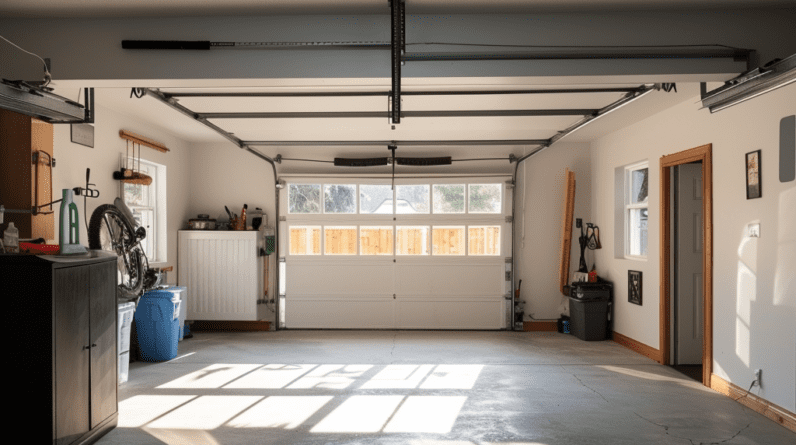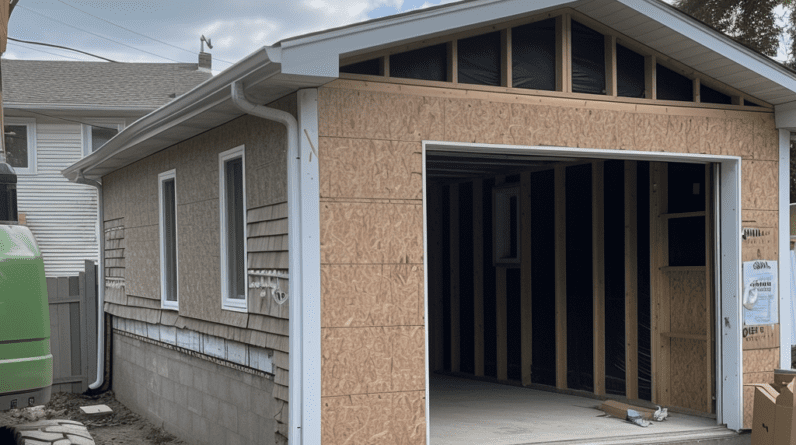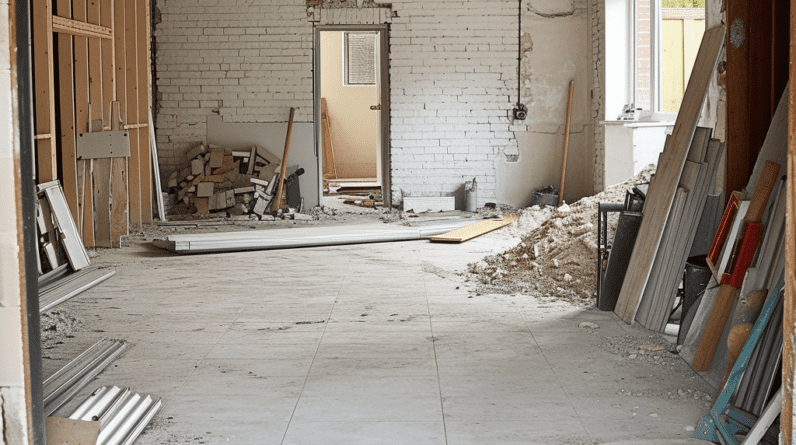
Key Takeaway:
The cost of a garage conversion in Little Rock, Arkansas can vary depending on the size of the garage, the extent of the renovation, and the specific features and materials used. On average, the cost of a garage conversion in Little Rock can range from $10,000 to $30,000 or more. It is recommended to consult with local contractors and obtain multiple quotes to get a more accurate estimate for your specific project.
Garage Conversion in Little Rock, Arkansas
Garage conversions have become increasingly popular in recent years, especially in smaller cities like Little Rock, Arkansas. Homeowners are eager to make the most out of their available space, and converting a garage into a living space, guest suite, or office is a practical solution. In this article, we will explore the benefits of garage conversions in Little Rock and discuss the considerations that homeowners should keep in mind before embarking on such a project.
The Benefits of Garage Conversions
Garage conversions offer several benefits to homeowners in Little Rock. Firstly, they provide an opportunity to maximize the available space in a home without undergoing a full-scale renovation. In a city where real estate prices are on the rise, utilizing existing square footage can be a cost-effective alternative to purchasing a larger property. Additionally, converting a garage can add significant value to a home, making it a wise investment for homeowners looking to increase their property’s worth.
Furthermore, garage conversions can be tailored to suit the specific needs of the homeowner. Whether it be a home office, a rental unit, or a comfortable living space for guests, the possibilities are endless. Little Rock’s pleasant climate also makes garage conversions an attractive option, as the additional living space can be used year-round.
Considerations for Garage Conversions in Little Rock
Before diving into a garage conversion project, homeowners in Little Rock should carefully consider a few key factors. Firstly, local zoning laws and building codes must be taken into account. Some areas in Little Rock may have restrictions on garage conversions, so it’s important to check with the city’s planning department to ensure compliance with regulations.
Additionally, it’s essential to assess the structural integrity of the existing garage. The space may require modifications to meet the requirements for a living space, including insulation, plumbing, and electrical work. Hiring a professional contractor who is familiar with local building codes can help ensure that the conversion is done correctly and safely.
The Process of Garage Conversion
Once the decision to convert a garage has been made, the process typically involves several steps. Firstly, the space must be cleared out and any necessary demolition work performed. Next, the structural modifications, such as insulation and electrical work, will be carried out. Depending on the intended use of the space, additional amenities such as plumbing and HVAC systems may also be installed.
Finally, the aesthetic elements, such as flooring, windows, and doors, will be addressed to create a functional and inviting living space. Throughout the process, it is crucial to maintain clear communication with the contractor to ensure that the project stays on track and within budget.
Conclusion
Garage conversions offer homeowners in Little Rock, Arkansas, a practical and flexible solution to maximize their living space. Whether for personal use or as a means of increasing property value, a thoughtfully executed garage conversion can provide numerous benefits. By considering local regulations and working with a reputable contractor, homeowners can transform their underutilized garage into a valuable extension of their home. With careful planning and execution, a garage conversion in Little Rock can offer an excellent return on investment and enhance the overall quality of living for homeowners.



